Computing Science
The doctoral programme "Computing Science" introduces itself
This doctoral programme, supported by the Faculty of Mathematics, Physics and Computer Science, prepares highly qualified scientists for independent research in computer science.
The doctoral programme deals with basic, theoretical as well as application-oriented, practical problems of computer science. This includes in particular mathematical and scientific questions that can be dealt with in cooperation with other subjects represented in the BayNAT graduate school. The following main research areas of computer science are represented in the programme:
Software Engineering
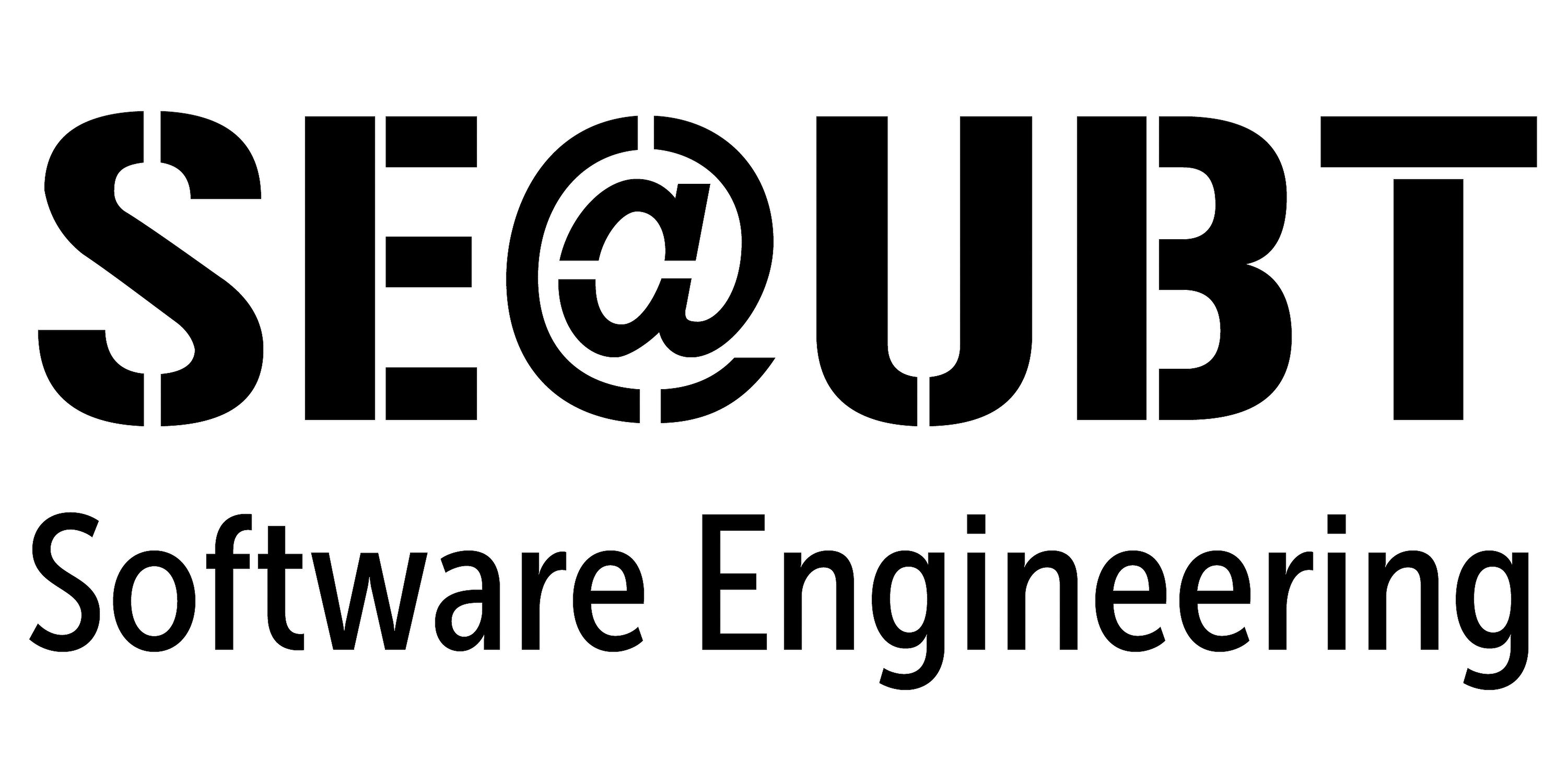
Our research is centered around empirical software engineering, and in particular software analytics. We process, analyze, and visualize software engineering data to monitor, govern, and improve software development processes and tools. We are further interested in interdisciplinary research and methodological aspects of empirical software engineering.
For us, thoroughly analyzing and understanding the state-of-practice is an essential first step towards improving how software is being developed. Our vision is that software engineering becomes more evidence-based, which is only possible if academic researchers provide actionable insights on topics that are relevant to practitioners.
Parallel and Distributed Systems
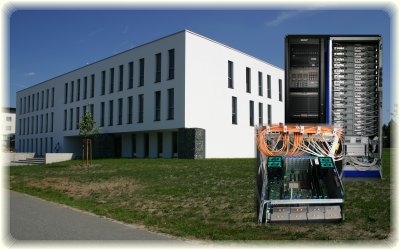
This research focus deals with the principles, technology and programming of parallel and distributed systems. The aim is to simplify the programming of the various complex systems so that the user can concentrate on the properties of the algorithms and calculations used, while the software system implements this efficient form of utilization on the respective platform. The focus is on the development of new and the efficient implementation of well-known parallel algorithms from the field of scientific computing, the development of new programming models for the realization of adaptive, scalable and flexible implementations, scheduling and load distribution methods, as well as the development of programming environments and software libraries, which make these approaches available to the user at several levels of abstraction.
Robotics and Embedded Systems
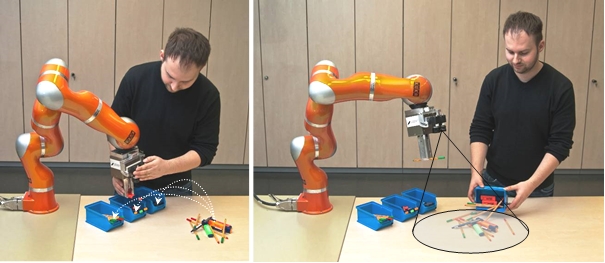
In this research focus two angles of attack are considered: The first thrust is the coexistence and cooperation of humans and robots. The aim is to abolish the strict spatial separation between humans and robots in order to combine their strengths synergistically. Camera-based space monitoring, collision detection, motion planning, and intention detection are all taken into consideration for this purpose. The second thrust of this research focus is the intuitive programming of robots. The goals are to reduce excessive programming effort, to make the robots usable even for non-experts, and thus to increase their application possibilities. For this purpose, simple sensor integration, programming by demonstration, as well as imperative and declarative approaches are all options.
Databases and Information Systems
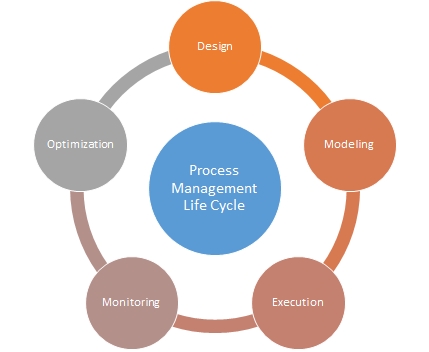
The research activities at the Chair of Applied Computer Science IV (Databases and Information Systems) focus on generic methods and architecture for modelling, and implementation of database- and/or process-supported information systems. One of the focal points is the investigation of the fundamental perspectives of process management. We start from the thesis that process management is an ideal means of implementing integration tasks in companies. However, current process management solutions do not yet cover many of the pragmatic requirements for this technology, and can therefore be only partially deployed. Our goal is to investigate the theoretical and conceptual foundations of process management from which practical solutions are built.
Computer Graphics and AI
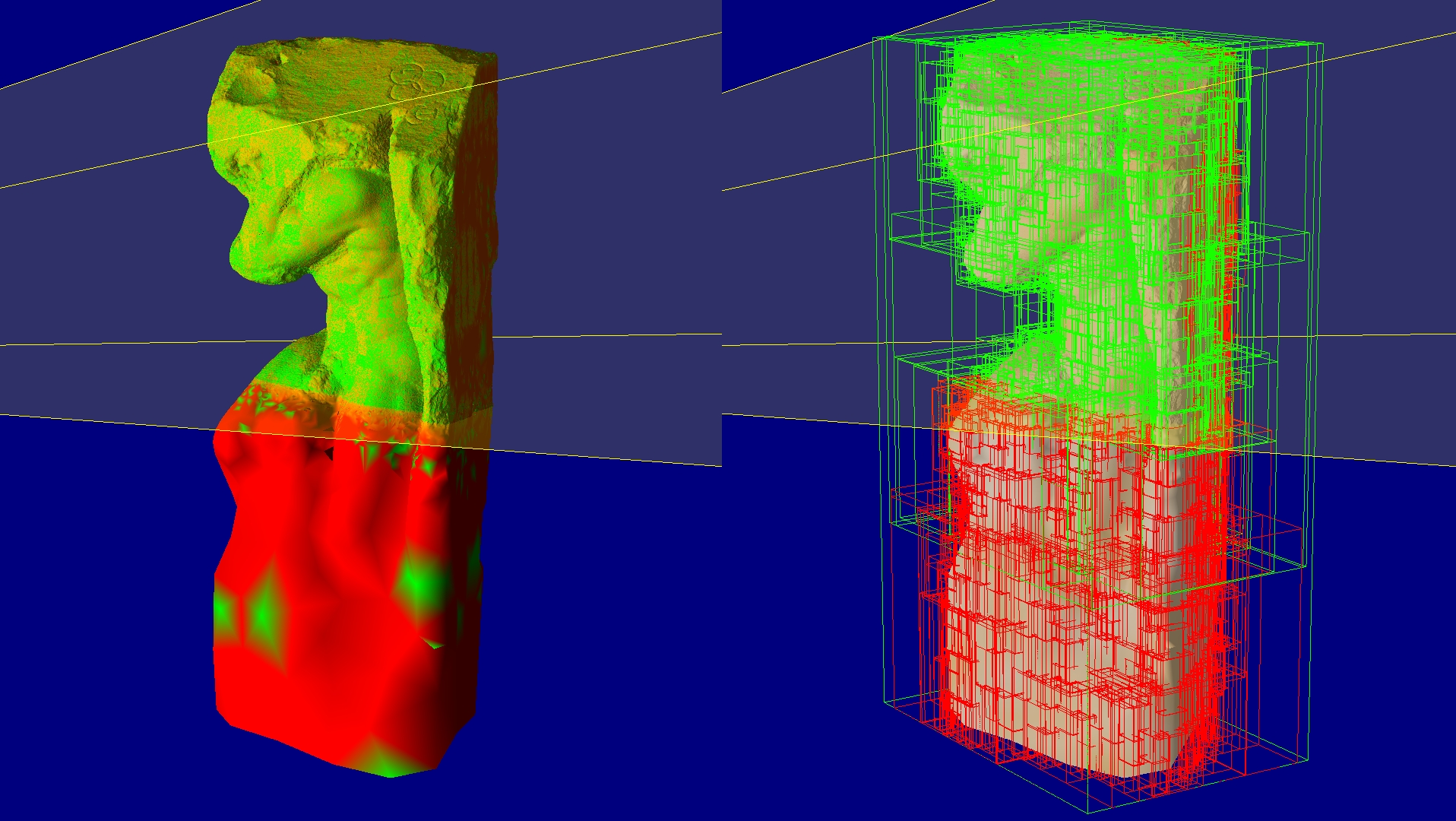
Research in this area focuses on real-time graphics, geometric modelling and medical image processing. In the field of real-time graphics, the central object of research is the generation of photorealistic images using the latest graphics hardware. In particular, the exploitation of the capabilities and limitations of human perception is of interest in order to generate images that appear as real as possible in real time. In geometric modelling, the increasing complexity of industrial CAD models places ever greater demands on 3D modelling systems. Therefore, new methods are needed that can manage the growing amount of data and thus allow interactive modelling. In medical image processing, too, the amount of data has steadily increased due to ever better imaging methods. Since many classical methods do not scale to larger amounts of data, completely new methods have to be developed.
Algorithms and Data Structures
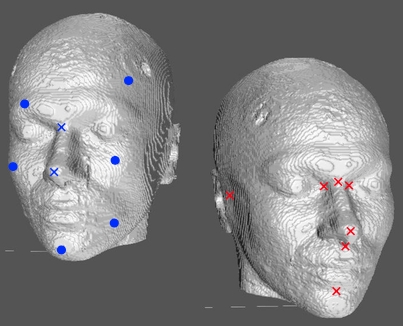
The main focus of this research area is the design and analysis of algorithms and data structures, especially in the field of algorithmic geometry (and there especially the specific issue of the analysis and comparison of patterns and forms). In addition, other topics such as the investigation of geometric problems with methods of parameterised complexity theory, and the design of geometric networks, are also dealt with. The aim is both the purely theoretical investigation of algorithmic problems and the practically relevant implementation of the methods developed in various fields of application (e.g. pattern recognition or computer-assisted medicine).
Theoretical Computer Science
Theoretical Computer Science explores the mathematical side of computer science. We are particularly interested in the basics of databases, standards for data processing on the web, semi-structured data and data processing in general. The many links between data processing and logic, complexity and efficiency make it possible to combine basic research with current issues in data management. Our mathematical tools come from complexity theory, automata theory, logic, and discrete mathematics.
Deepening computer science knowledge, key competences for professional life
Besides independent research, the doctoral programme provides in-depth knowledge of computer science. In addition, it imparts the key competencies needed in professional life. The teaching languages are German and English.
